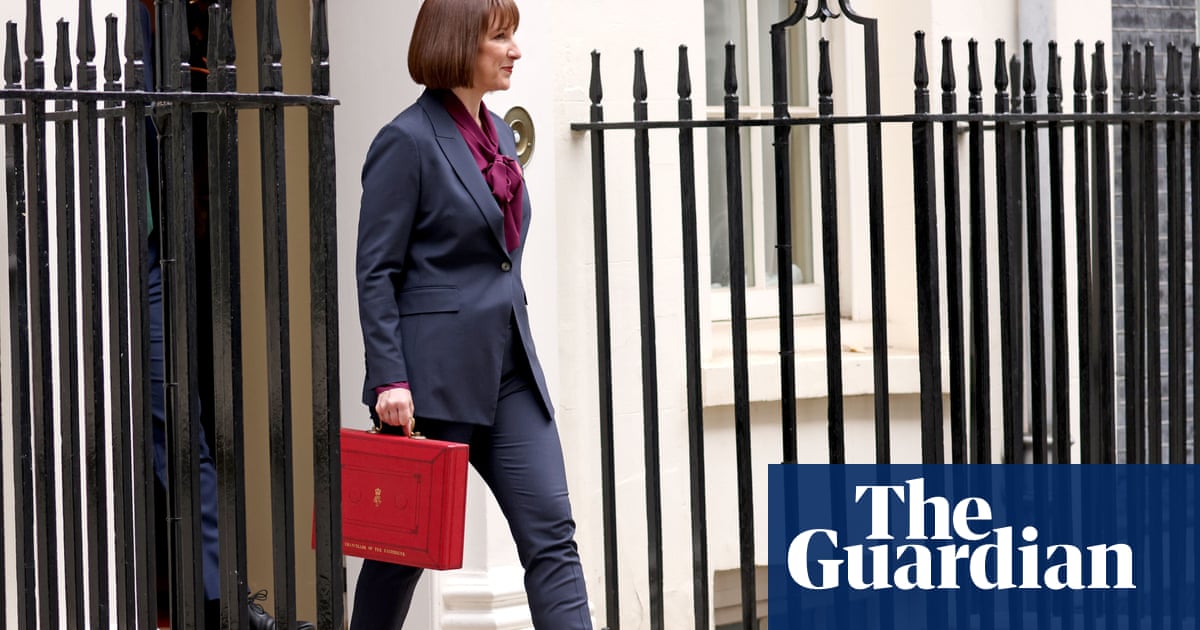Rachel Reeves may need extra £9bn to avoid cuts to public services, says IFS

Rachel Reeves could need £9bn of further tax increases to avoid a fresh round of austerity for some struggling public services, despite her first budget setting out the largest rise in a generation, the Institute for Fiscal Studies has said.
After the chancellor delivered Labour’s first budget in 14 years on Wednesday, the leading experts in public finances said she could be forced to top up her tax plans to avoid real-terms cuts in some areas, including councils, the justice system and prisons.
The IFS said that while Reeves had provided a substantial short-term funding boost to unpick “unrealistic” Conservative plans, she had pencilled in cuts to unprotected departments after the next financial year that were more than likely to need revisiting.
Paul Johnson, the director of the IFS, warned that Reeves’s £40bn tax-raising budget would mainly go towards steadying the government finances rather than paving the way for big improvements in public services.
He said the chancellor was gambling that either a short-term splurge in public spending could clear backlogs in the system, helping to bring down future costs, or could be hoping for stronger economic growth to bail the government out. “[But] if nothing else changes in the forecasts, particularly if we continue not to increase petrol duties, I think other taxes will likely have to rise,” he said.
Saying the spending plans amounted to “pretending” that Labour would splurge in the early years before reining in spending in future, he said: “That’s not going to happen. The spending plans will not survive contact with her cabinet colleagues.”
“I am willing to bet a substantial sum that day-to-day public service spending will in fact increase more quickly than supposedly planned after next year,” he added.
The IFS said that while the spending increases announced by Reeves appeared big relative to the previous government’s plans, this was in large part because “their plans were unrealistic”.
after newsletter promotion
Johnson said: “Despite the apparent scale of the increases, this is not going to feel like Christmas has come for the public realm.”
In her budget on Wednesday, the chancellor set out a real-terms increase in day-to-day spending on public services of 4.3% this year and 2.6% next year, before pencilling in a rise of 1.3% each year.
“It would be odd to increase spending rapidly only to start cutting back again in subsequent years,” Johnson said.
In the final two budgets set by the Conservatives, Jeremy Hunt, the then chancellor, announced sweeping tax cuts despite ballooning pressures on public services and soaring debt interest payments.
Johnson said: “To cut £20bn from employee national insurance last year in the face of known fiscal pressures was not responsible.”
Related
Why investing in women is a vital next step for…
Get Nadine White's Race Report newsletter for a fresh perspective on the week's newsGet our free newsletter from The Independent's Race CorrespondentGet our fre
Business secretary signals major shift on electric car policy to…
In a determined effort to retain Nissan’s manufacturing presence in Britain, Business Secretary Jonathan Reynolds has vowed to implement “substantial c
Joint Statement: Business Secretary and Fujitsu Services Ltd
Business and Trade Secretary Jonathan Reynolds today (Friday 7 March) met chiefs for Fujitsu in Tokyo to begin talks over the cost of redress for victims of th
UK foreign secretary backs multilateral defence funding for Europe
UK foreign secretary David Lammy has said that a new multilateral fund will be needed to secure Europe’s defence as he confirmed that Britain is “open to”













